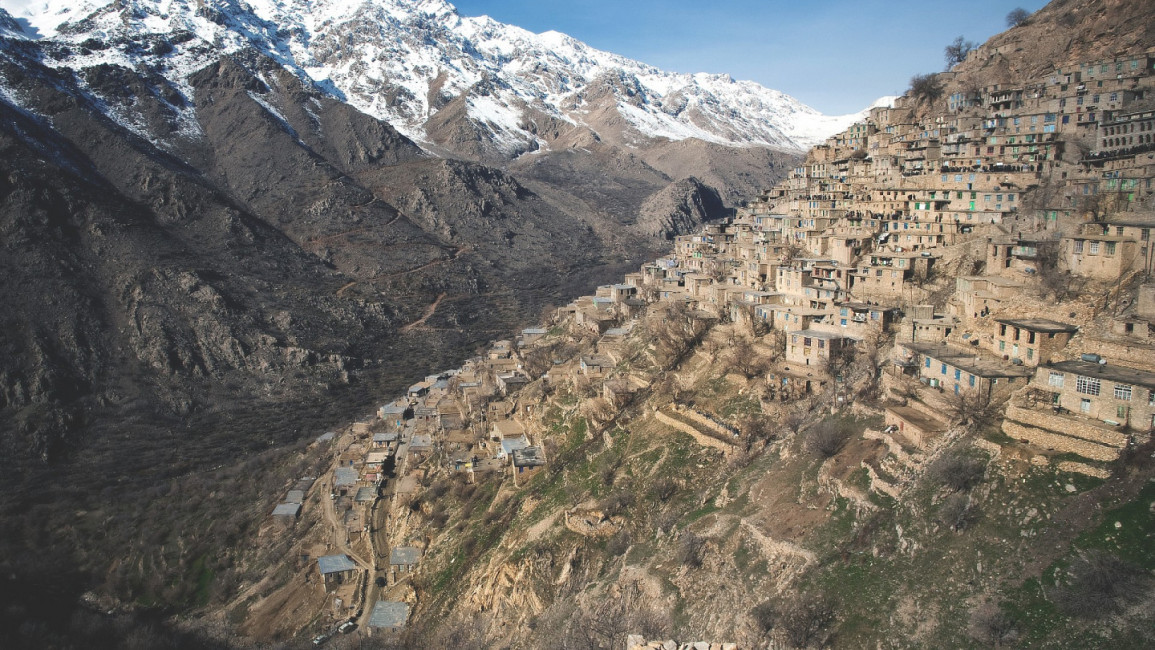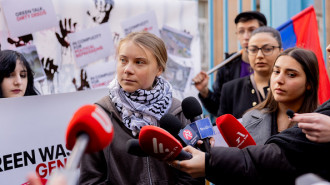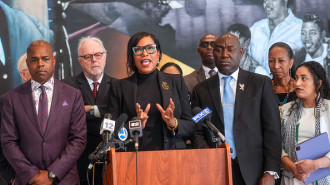Widespread anger after Iraqi border guards kill Kurdish courier amid alleged Iranian pressure
The death of a young Kurdish courier, known as a "Kolbar", by Iraqi border guards furthered regional tensions and prompted concerns over Iranian influence on security operations along the border.
Aram Khalil was fatally shot in Sargat village, near the Iranian border in the Hawraman area of Iraqi Kurdistan, an act that sparked widespread condemnation and protests.
"Kolbars" are couriers who transport small goods across borders to earn a livelihood. The term, which originates from Kurdish, highlights the often desperate economic conditions under which these individuals work.
Khalil, who was responsible for his two sisters after their parents' deaths, became a poignant symbol of these harsh realities when he was killed late on Saturday, drawing immediate criticism from local officials and the community.
Mohammed Hawrami, a political observer from Sargat, questioned the priorities of the border guards in an interview with The New Arab. "Their basic duty is protecting the country from foreign invasion," he said, lamenting the focus on minor smugglers rather than more significant threats. The incident also sheds light on alleged corruption within the border forces, with claims of bribery linked to smuggling activities into Iran.
In response to the killing, Mohammed Hama Saaed, the Minister of Culture in the Kurdistan Regional Government (KRG), voiced strong objections. He criticised the border guards' actions and highlighted a similar incident last year that also resulted in a fatality.
His comments underscore a pattern of behaviour that has resulted in community distrust and anger, evidenced by footage on social media showing Khalil's relatives rejecting an Iraqi border guard delegation at his funeral.
The situation is further complicated by claims from Kawa Abdullah, a seasoned Kolbar from the Iranian side of Hawraman, who shared his own perilous experiences. He spoke of close calls with death and the loss of friends to gunfire from Iranian border guards.
Abdullah also revealed that Iranian authorities have pressured Iraq to enforce stricter border controls and even suggested replacing Kurdish guards with Arab nationals, potentially exacerbating ethnic tensions.
Adding to the outcry, Soran Omar, a Kurdish lawmaker in the Iraqi parliament, criticised the border guards for failing to address significant threats like drug trafficking, human trafficking, and foreign military interventions. Instead, he argued, they have targeted Kurdish youths for minor smuggling offences. His remarks were published on his Facebook page, adding to the public discourse on the issue.
The Hengaw Organisation for Human Rights provided a grim context to these events, reporting that in July 2024 alone, at least 26 Kolbars were killed or injured along the Iran border, with 85% of these incidents involving direct gunfire by Iranian armed forces.
The killing of Aram Khalil not only underscores the dangerous conditions under which Kolbars operate, but also reveals deeper issues of ethnic tension, corruption, and potential foreign influence in the region. As calls for justice and a reevaluation of border security policies grow louder, the actions of both Iraqi and Iranian border forces remain under intense scrutiny.
The international community and human rights organisations are closely monitoring these developments, urging an end to the violence and seeking a resolution that respects the rights and livelihoods of those impacted.







 Follow the Middle East's top stories in English at The New Arab on Google News
Follow the Middle East's top stories in English at The New Arab on Google News


